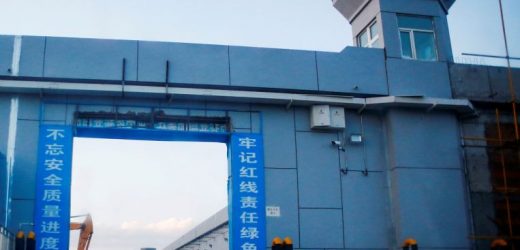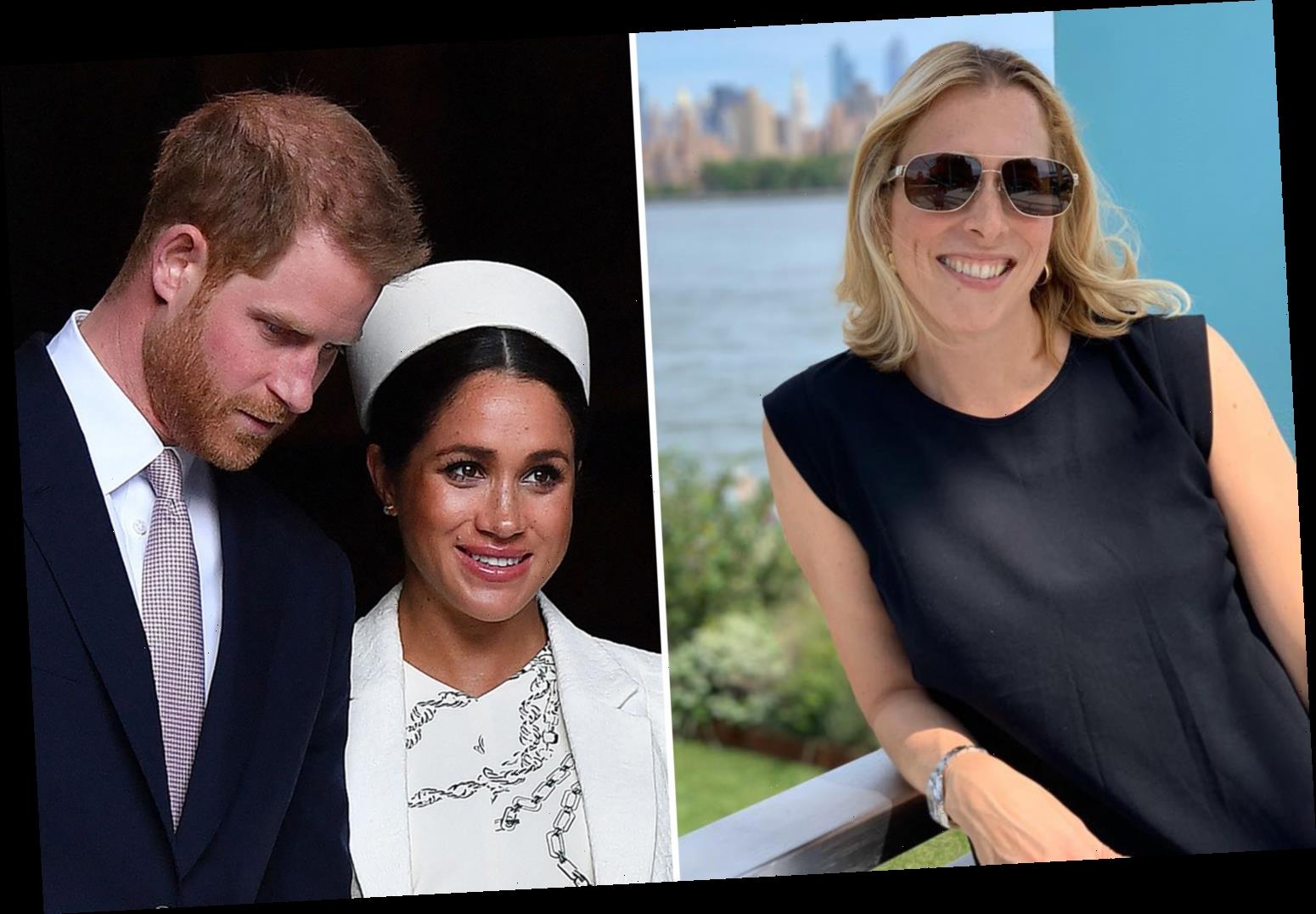BRUSSELS (REUTERS) – The European Union imposed sanctions on Monday (March 22) on four Chinese officials, including a top security director, for human rights abuses in Xinjiang, the first sanctions against Beijing since an arms embargo in 1989 following the Tiananmen Square crackdown.
Accused of mass detentions of Muslim Uighurs in north-western China, those targeted with sanctions include Mr Chen Mingguo, the director of the Xinjiang Public Security Bureau. The EU said Mr Chen was responsible for “serious human rights violations”.
In its Official Journal, the EU accused Mr Chen of “arbitrary detentions and degrading treatment inflicted upon Uighurs and people from other Muslim ethnic minorities, as well as systematic violations of their freedom of religion or belief”.
Others hit with travel bans and asset freezes are senior Chinese officials Wang Mingshan and Wang Junzheng, the former head of China’s Xinjiang region, Mr Zhu Hailun, and the Xinjiang Production and Construction Corps Public Security Bureau.
China denies any human rights abuses in Xinjiang and says its camps provide vocational training and are needed to fight extremism.
Responding, China on Monday said it has decided to impose sanctions on 10 EU individuals, including German politician Reinhard Butikofer, and four entities that it accused of seriously harming the country’s sovereignty and interests over Xinjiang. In a statement, China’s Ministry of Foreign Affairs urged the EU to “correct its mistake” and not to interfere in China’s internal affairs.
While mainly symbolic, the EU sanctions mark a significant hardening in the EU’s policy towards China, which Brussels has long regarded as a benign trading partner but now views as a systematic abuser of basic rights and freedoms.
They are also likely to inflame tensions between Brussels and Beijing. The EU had not sanctioned China since it imposed an arms embargo in 1989 following the Tiananmen Square pro-democracy crackdown. The arms embargo is still in place.
All 27 EU governments agreed to the punitive measures, but Hungary’s foreign minister, Mr Peter Szijjarto, called them “harmful” and “pointless”, reflecting the bloc’s divisions on how to deal with China’s rise and to protect business interests.
China is the EU’s second-largest trading partner after the United States, and Beijing is both a big market and a major investor which has courted poorer and central European states.
But the EU, which sees itself as a champion of human rights, is deeply worried about the fate of the Uighurs. Britain, Canada and the US have also expressed serious concerns.
Activists and UN rights experts say at least one million Muslims are being detained in camps in the remote western region of Xinjiang. The activists and some Western politicians accuse China of using torture, forced labour and sterilisations.
The EU’s sanctions take aim at officials who are seen to have designed and enforced the detentions in Xinjiang and come after the Dutch parliament followed Canada and the US in labelling China’s treatment of the Uighurs as genocide, which China rejects.
Last week, China’s ambassador to the bloc, Mr Zhang Ming, said that sanctions would not change Beijing’s policies, decrying the measures as confrontational and warning of retaliation.
The EU has also called for the release of jailed ethnic Uighur economics professor Ilham Tohti, who was jailed for life in 2014. He was awarded the European Parliament’s human rights prize in 2019.
Join ST’s Telegram channel here and get the latest breaking news delivered to you.
Source: Read Full Article


